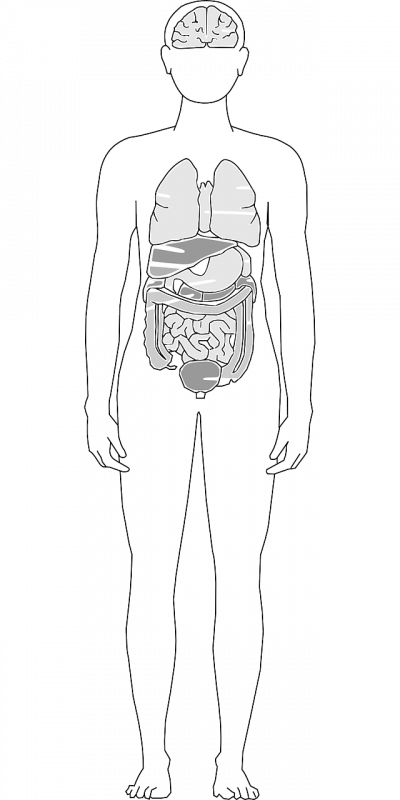GASTROINTESTINAL HEALTH
Your gut is more than your stomach – it's your second brain!
Your GI tract, which runs from your mouth to the end of your large intestine, is one of the most important systems in the human body. Without the GI tract, your immune system would remain compromised, your emotions wouldn’t regulate, and your organs wouldn’t get the nutrients they need.
The gut resides in the GI tract. Here, 39 trillion bacterial cells (approximately 3 lbs of bacteria!) and billions of nerve endings exist within a thriving ecosystem that breaks down food, sends signals to the brain, and protects the body from toxic elements. If the gut is balanced and works in harmony, then you’ll feel energized and healthy.
If you struggle with generalized but extremely uncomfortable symptoms, then your gut might be in a state of imbalance. How did you gut become imbalanced? What environmental factors are upsetting this delicate ecosystem? These are some of the questions Jerry Tennant, MSN, FNP, IFM-CP, will ask during an initial appointment. She will also discuss your full patient history, laboratory testing, and dietary journals. Then she will guide you toward healthy sleep patterns, eating habits and food choices, and stress relief activities.
Through natural methods and a patient-centered treatment plan, we can solve complex medical puzzles related to the gut!


Functional medicine can help heal your gut.
The gastrointestinal system is an integral and central “node” of the complex web of functional medicine. Few people feel well if their guts are unhealthy. Dysregulation of the G.I. system can have a profound impact on health. Some negative symptoms include:
- Poor digestion and absorption
- Intestinal permeability that leads to compromised immune systems
- Nausea from an unhealthy micobiome
- Inflammation and haywire immune regulation
- Nervous system gut feelings or Enteric Nervous System.
When thinking about gut-related symptoms, you may go to stomach pain, feelings of bloating and fullness after eating, constipation, diarrhea, and increased gas. However, we now know that an imbalance and inflamed GI tract can present in migraines, fatigue, depression, joint pain and hormonal imbalance and the list goes on. At Tennant Institute, we address these issues seriously with a full systems approach that incorporates a host of resources to help you understand what is going on with your GI tract.
